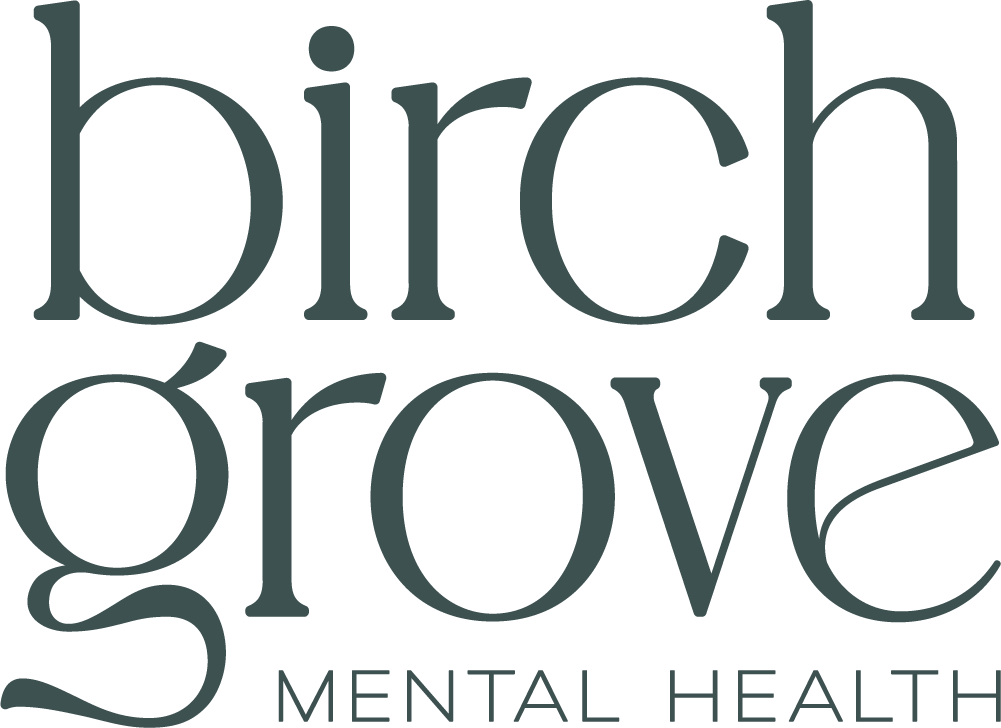We know childhood experiences play a crucial role in shaping us as adult persons… which includes our mental and emotional state of well-being. When a child endures trauma, such as abuse, neglect, or other adverse experiences, it leaves a mark no matter the resilience of the person. For some the effects of trauma are deep and can leave a lasting impact that extends into adulthood. Understanding these effects is a vital step in recognizing the need for healing.
What Is Childhood Trauma… quick 101
Childhood trauma refers to any event or series of events that overwhelms a child’s ability to cope. Trauma includes:
- Physical or emotional abuse
- Neglect or abandonment
- Loss of a parent or caregiver
- Exposure to domestic violence or substance abuse
- Natural disasters or community violence
Most often, effects from such trauma influence your mental health status, relationships, and overall well-being later in life. It is important that none of the experiences be dismissed or diminished as not big or bad enough to be trauma. We are all wired uniquely, and susceptible to differing levels of trauma with variable lasting impacts.
How Childhood Trauma Affects the Brain and Emotions
Childhood trauma can disrupt brain development in key areas responsible for regulating your emotions, decision-making, and responses to stressors. The common effect of trauma I tend to see in my patients includes some of the following…
- Anxiety & Depression – Persistent feelings of sadness or fear. This is top of the list and frequently are experienced together.
- Difficulty Forming Relationships – Patients struggle with trust and intimacy in relationships. This is where great communication and understanding make all the difference.
- Mood Swings – Managing intense emotions or reactions can be challenging. This can often be an issue in relationships, both intimate and with kids, and at work or school.
Recognizing Signs of Trauma in Adults
Again, everyone reacts to and internalizes trauma differently. Here are the common symptoms:
- Intrusive Thoughts – Intrusive thoughts include unwanted and spontaneous flashbacks or nightmares related to the trauma events. The thought or dream doesn’t have to be about the trauma proper but be related.
- Hypervigilance – Common with patients of trauma, hypervigilance is expressed through one constantly feeling ‘on edge’, unsafe, or threatened. There need not be an identified threat but can be a generalized feeling of endangerment.
- Avoidance – Steering clear of people, places, or situations that trigger painful memories or could set off related anxiety or depression, which leads to isolation.
- Low Self-Worth – Negative beliefs about oneself stemming from the traumatic experiences span from blaming oneself to feeling incapacitated to effectively navigate the world. No matter, how you interact, participate in, or engage with the world around you impacts the way you see yourself in relation to the world.
Pathways to Healing
The good news is that it’s completely possible to heal and grow from childhood trauma with the right support. Here are some strategies:
- Therapy – Approaches like Cognitive Behavioral Therapy and Trauma-Focused Therapy can help reframe negative patterns and address trauma responses. Gaining an understanding the connection between past experiences and current struggles is empowering and critical in the path to trauma healing.
- Medication Management – Effective medication strategies to address and ameliorate the symptoms of anxiety and depress leaves space for therapy to reach the root of the trauma. Therapy and medication management combined has been a powerful tool for our patients.
- Self-Care – Often underrated and last on this priority list, regular physical activity, mindfulness practices, and healthy sleep routines reduce stress. We all know how good we feel after some rigorous activity or an exceptional night sleep. Your mental well-being will get a boost when you push into selfcare.
At Birch Grove Mental Health, we specialize in medication management of trauma symptoms and side effects. When taking that step toward healing, we’re here to provide compassionate, evidence-based care in Massachusetts, Rhode Island, and New Hampshire.
More about…
Anxiety at Birch Grove Mental Health
Depression at Birch Grove Mental Health
